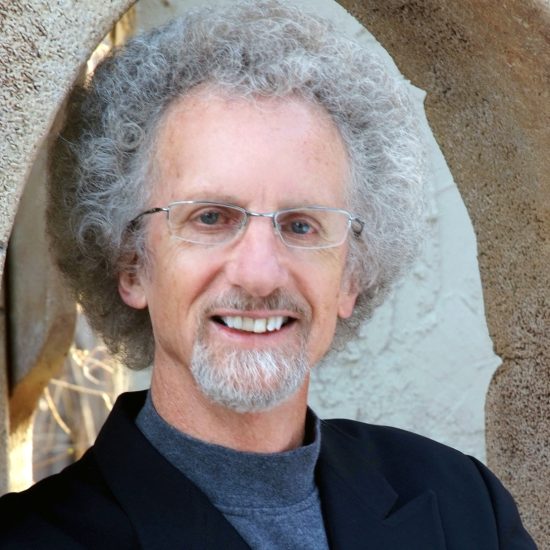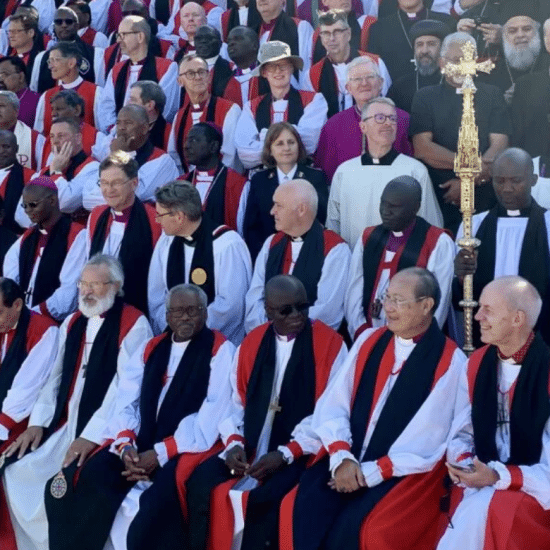By Michael Foust
Baptist Press
Evangelicals are less likely than the overall population to divorce, although one out of every four evangelicals who are or have been married nevertheless have gone through at least one divorce, according to a new study by The Barna Group.
The telephone survey found that, among all U.S. adults who have been married, 33 percent have been divorced at least once. By comparison, 26 percent of evangelicals who have been married have been divorced. The poll did not ask evangelicals whether the divorce occurred before or after their salvation experience.
The survey was based on a sample of 5,017 adults conducted over a year, from January 2007 through January 2008. Of this sample, 3,792 adults were or had been married.
Christian researcher George Barna said Americans have grown accustomed to divorce.
“There no longer seems to be much of a stigma attached to divorce; it is now seen as an unavoidable rite of passage,” he said in a news release.
“Interviews with young adults suggest that they want their initial marriage to last, but are not particularly optimistic about that possibility. There is also evidence that many young people are moving toward embracing the idea of serial marriage, in which a person gets married two or three times, seeking a different partner for each phase of their adult life.”
Among adults who have been married the poll also found that:
• 28 percent of self-identified conservatives who have been married have experienced a divorce, compared to 33 percent of moderates and 37 percent of liberals.
• 38 percent of those associated with a non-Christian faith who have been married have been divorced.
• 32 percent of whites who have been married have been divorced, 36 percent of blacks, 31 percent of Hispanics and 20 percent of Asians.
• 28 percent of self-identified Catholics who have been married have been divorced.
Nearly four out of every five U.S. adults (78 percent) have been married at least once.“
Government statistics and a wealth of other research data have shown that co-habitation increases the likelihood of divorce, yet cohabiting is growing in popularity,” Barna said.
“Studies showing the importance and value of preparing for marriage seem to fall on deaf ears. America has become an experimental, experience-driven culture. Rather than learn from objective information and teaching based on that information, people prefer to follow their instincts and let the chips fall where they may. Given that tendency, we can expect America to retain the highest divorce rate among all developed nations of the world.”
For a person to be considered an evangelical by Barna researchers, a respondent must say: he has made a personal commitment to Christ that is still important to his life today; when he dies he will go to heaven because he has confessed his sins and accepted Christ as his savior; he has a personal responsibility to share his beliefs about Christ with non-Christians; he believes that Satan exists; eternal salvation is possible only through grace, and not works; Jesus Christ lived a sinless life on earth; that the Bible is accurate in all that it teaches; and that God is the all-knowing, all-powerful, perfect deity who created the universe and still rules it today.
Among the 3,792 participants included in the survey there were 339 evangelicals, 1,373 non-evangelical born again Christians, 1,488 notional Christians, 197 associated with a non Christian faith and 269 agnostics or atheists. Additionally, 875 identified themselves as Catholic. Participants described their ethnic identities as white (2,641), African American (464), Hispanic (458) and Asian (128), and they called themselves conservative (1,343), moderate (1,720) and liberal (474) on social and political matters.






